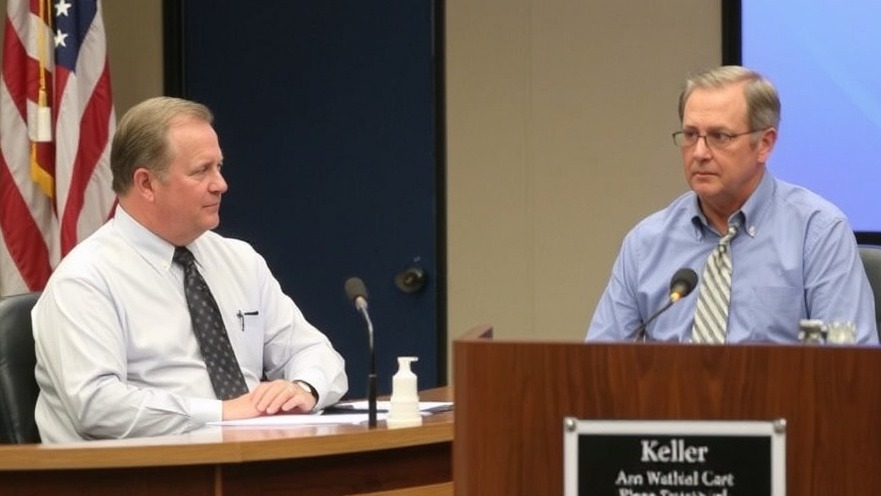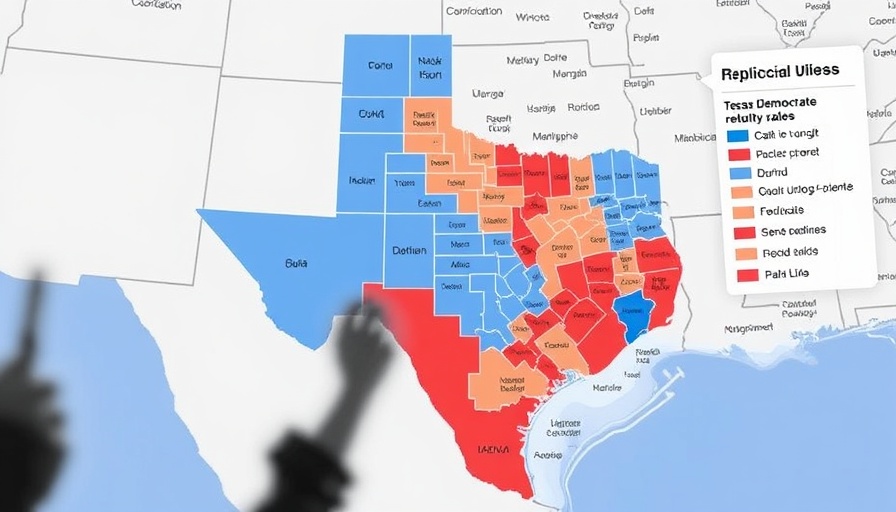
Keller ISD Abandons Split Amid Financial Strain
In a move met with mixed emotions, Keller Independent School District (Keller ISD) officials announced they will not pursue a plan to divide the district into two separate entities. Citing overwhelming financial challenges, board president Charles Randklev and interim Superintendent Cory Wilson communicated that the existing bond debt of over $700 million made the split financially impractical. The decision has left a community grappling with both relief and concern, highlighting the deep fissures that have emerged within the school district.
The Financial Burden of Bond Debt
The decision to abandon the proposed split stemmed from the substantial financial ramifications associated with managing Keller ISD's bond debt. According to Randklev and Wilson, redistributing this debt fairly would incur additional costs amounting to tens of millions of dollars—resources the district simply does not possess. This stark financial reality compelled district leaders to conclude that seeking a separation would serve neither the students nor the community effectively.
As it stands, Keller ISD faces options beyond splitting, including bond planning, campus consolidation, and adopting administrative efficiencies in hopes of strengthening financial stability. With estimates indicating a deficit of $12.4 million for the upcoming school year, district leaders must tread carefully to avoid debilitating cuts in programs and staffing.
Community Reactions and Ongoing Tensions
The response from parents and stakeholders has been varied. While some felt a sense of comfort in maintaining unity, others worry about the educational outcomes for students on different sides of what was considered a dividing line. “I'm worried what the future looks like for those of us who live on the wrong side of the tracks,” expressed Laney Hawes, a vocal critic of the board. This sentiment represents a broader concern that emotional divides remain despite the decision to keep the district intact.
Adding complexity to the situation, board member Joni Shaw Smith admitted she was unaware of the decision until it was announced, raising questions about transparency within the board. “The loss of our superintendent, many wonderful teachers, and staff… We need to now rebuild trust,” she stated, reflecting a sentiment felt by many constituents who are disillusioned with recent events.
Litigations and Legal Concerns
While Keller ISD officials have made the decision to halt the split, legal challenges persist. Matthew Mucker, one of the residents suing the district over the split plan, noted ongoing concerns about potential violations of the Texas Open Meetings Act. The complexity of legal implications enshrouding Keller ISD’s governance indicates that the district's troubles may be far from resolved, even as some community members celebrate what they see as a victory over divisive plans.
Looking Ahead: The Path to Healing
As the Keller ISD moves forward, leaders must prioritize reconciliation within the community. Parents like Chelsea Kelly emphasize the need for healing, proposing that district officials should apologize for the chaos of the past few months. “We have a long road to rebuild trust that was lost,” she asserted, underscoring the emotional weight of the situation. As the board meets again soon to finalize the budget by June, there is a pressing need for trust-building measures and collaboration with families, which will likely play a pivotal role in regaining community faith.
A Call for Engaged Leadership
The decision to abandon the split may be a necessary step in addressing Keller ISD's pressing financial concerns, but it certainly isn’t the end of the discussions surrounding the district's future. The community will be watching closely how district leaders navigate these challenges and restore trust among stakeholders. As Keller ISD ventures into a new chapter, transparent dialogue and genuine engagement will be essential to cultivate a supportive environment for its students, teachers, and families.
 Add Row
Add Row  Add
Add 




Write A Comment